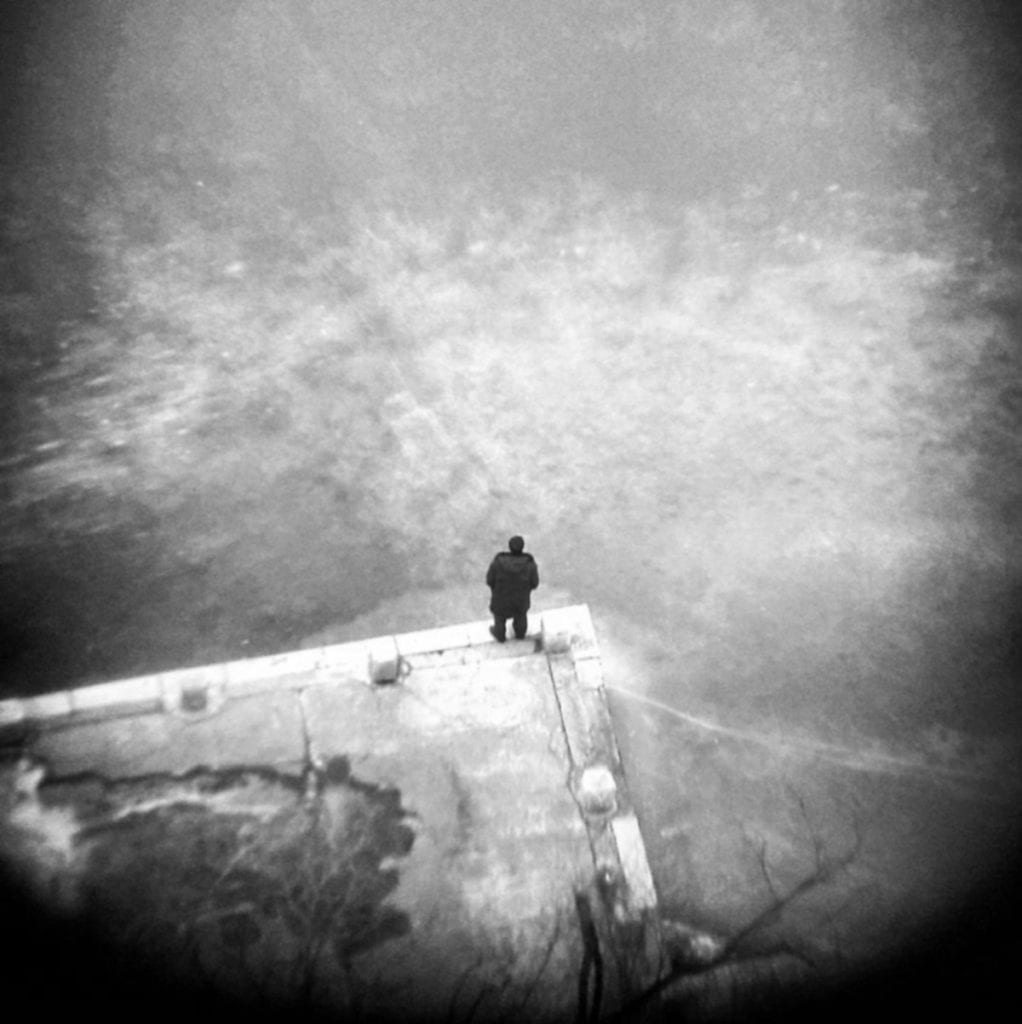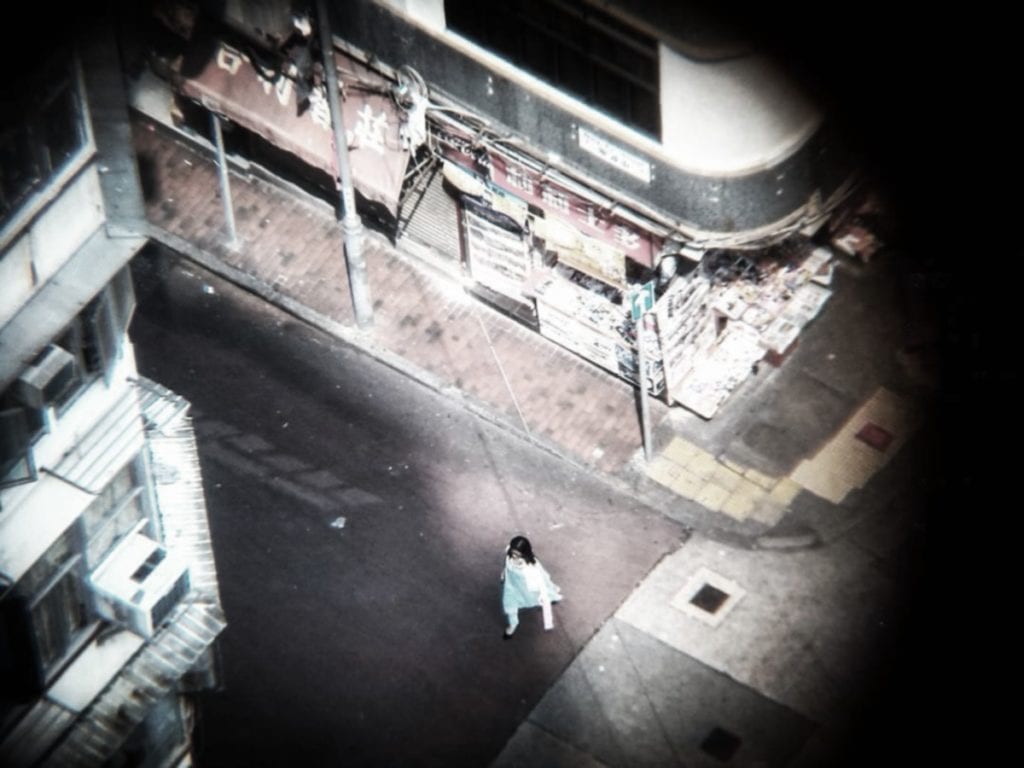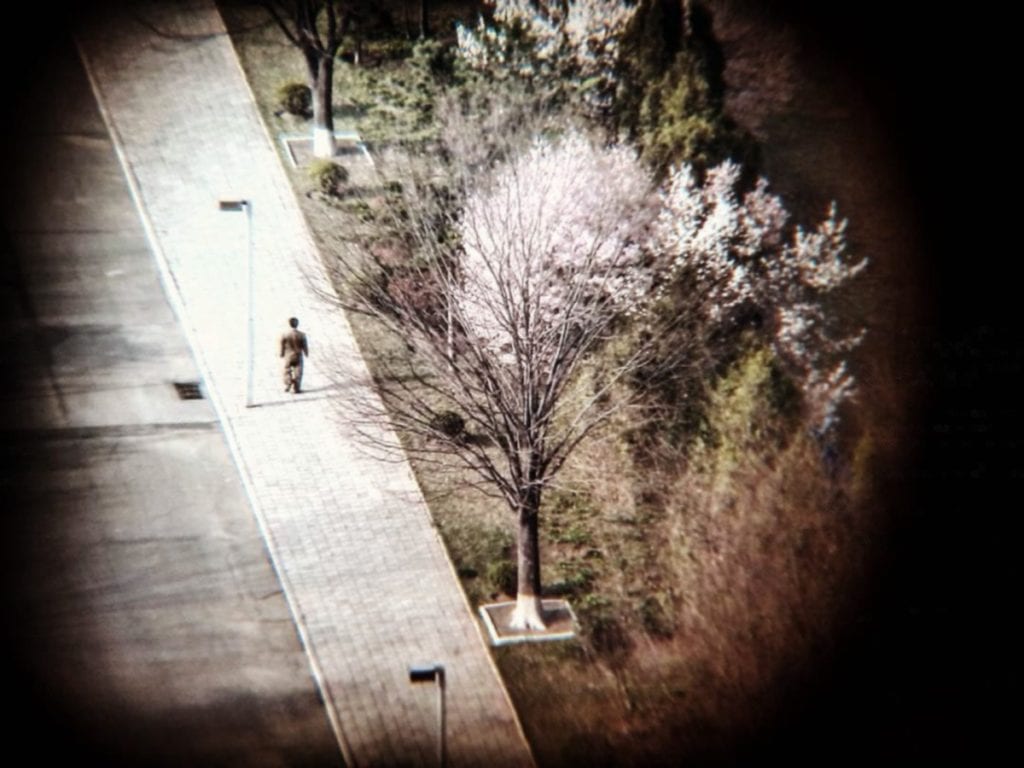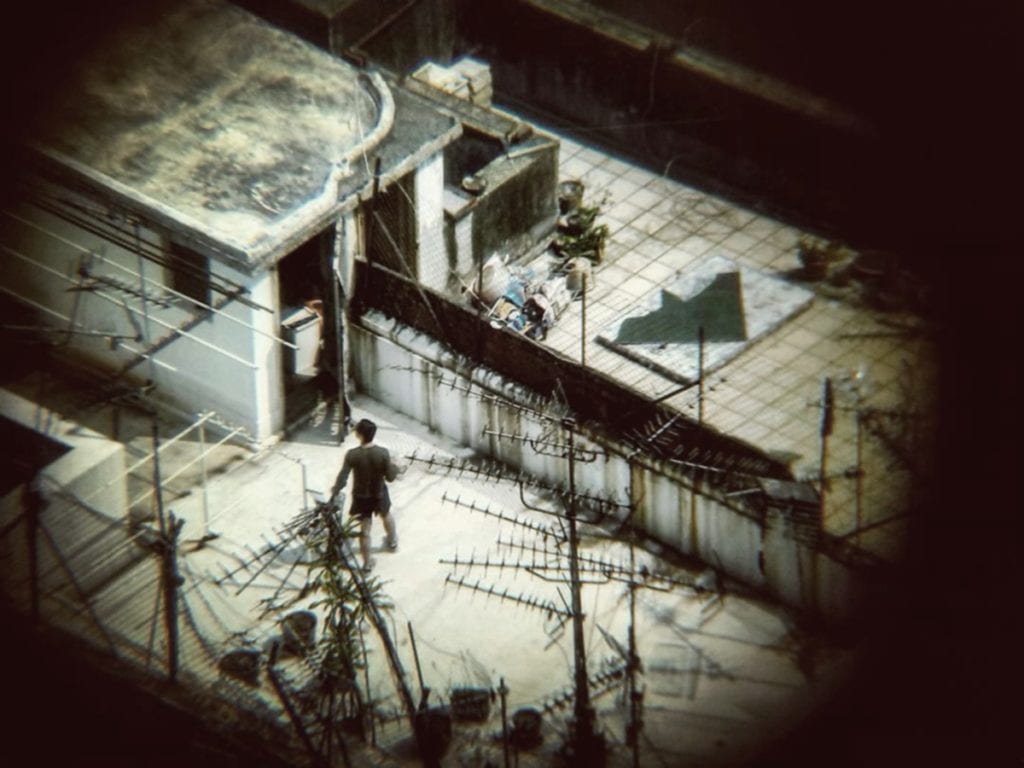The 30 nominees for this year’s Felix Schoeller Photo Award represent some of the best contemporary photographic talent. Spanning six categories – Portraiture, Landscape, Architecture, Photojournalism, Conceptual and Best Emerging Photographer – the shortlisted projects explore a range of subject-matter and exhibit an array of styles.
Announced over the weekend at the awards ceremony in Osnabrück, Germany, this year’s Gold Award went to Matt Hulse with his project Sniper, from the Conceptual category.
“North Korea is in fact one of the most photographed capitals in the world,” reveals Gold Award winner, Matt Hulse. Travelling to the country nine times over the past few years as a tour guide for western visitors, Hulse is well-versed in the peculiarities and restrictions of one of the world’s most secretive states.

“Contrary to popular opinion, you can take photographs in North Korea as long as they adhere to very strict regulations,” says Hulse. Photographing important monuments and statues is encouraged as long as the image is taken straight on, without zooming in on any details. “If a North Korean guide or guard looked through your images and found a cropped picture they would delete it immediately.”
The stringent rules around photography in the country have elicited a fanatical response from some, with photographers becoming obsessed with finding ways to capture landmarks and monuments from forbidden angles. “ In the West we have this ingrained desire to exercise our freedom and break the boundaries a bit,” observes Hulse. “Experiencing all the restrictions and rules in North Korea definitely exacerbates this.”
Shot from above, capturing unknowing individuals going about their daily lives, Hulse’s photographs wholly subvert these strict regulations. “There was definitely a certain thrill in taking those images. I was continually thinking about what would happen if my subject was to turn around; the authorities would definitely have come to my room and questioned me.”

“I’ve never felt like a photographer in the traditional sense of the word,” said Hulse. “Winning an award as prestigious as the Felix Schoeller Photo Award has given me a renewed confidence in my work and it has really motivated me to develop my photographic practise.”
Despite being Hulse’s primary motivation for creating the series, Sniper also raises important questions about both the photographic medium and issues of surveillance, privacy and terrorism in contemporary life. Sitting somewhere between photojournalism and cinema, the stills recall haunting photographs from history, such as the assassination of John F. Kennedy in Dallas, along with cinematic masterpieces, like Alfred Hitchcock’s classic 1950s thriller, Rear Window.
“Sniper is one big lie and, as such, questions the viewers’ belief that the camera can never lie. What viewers believe they are seeing is far removed from what is actually there,” commented a member of the judging panel, Gérard A. Goodrow.
Indeed, both the aesthetic, subject-matter and title of Hulse’s work insinuate that the photographs are a series of views through the scope of a sniper rifle. The project’s ability to cultivate an alternative reality calls into question the authenticity of photography; an ongoing and important debate, particularly since the advent of digital manipulation techniques.

Shot from behind, the individuals captured in these photographs are unaware that they are the focus of Hulse’s lens, highlighting the vulnerability of contemporary society to both mass surveillance and gun violence. This narrative is given additional weight by the fact that many of the images were taken in North Korea, where actively spying on citizens is a routine practise.
The Felix Schoeller Group’s dedication to quality and innovation exists at the heart of their Photo Award, which is committed to showcasing photography that demands debate and dialogue. In subverting the conventional photographic aesthetic and encouraging discussion around important contemporary issues Hulse’s project encapsulates these qualities.
“These photographs are extraordinary in every respect,” said Simone Klein, Global Print Sale Director of Magnum Photos, “they reveal the existential core element of humanity in disturbingly simple pictures, in which the subjects are unaware and at the mercy of the hit-man taking them in his sights from a safe distance.”

